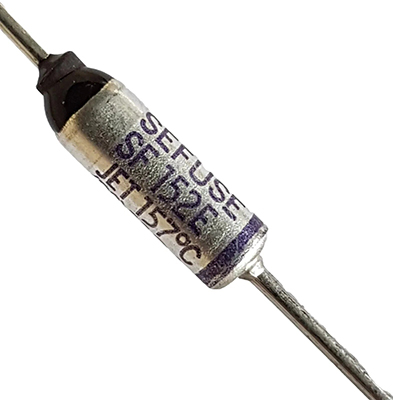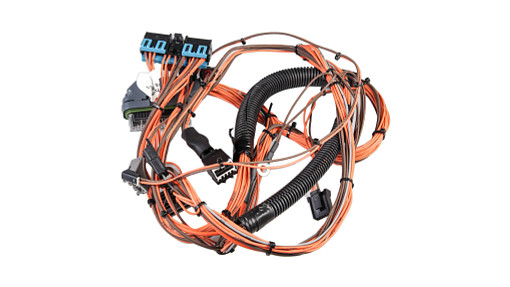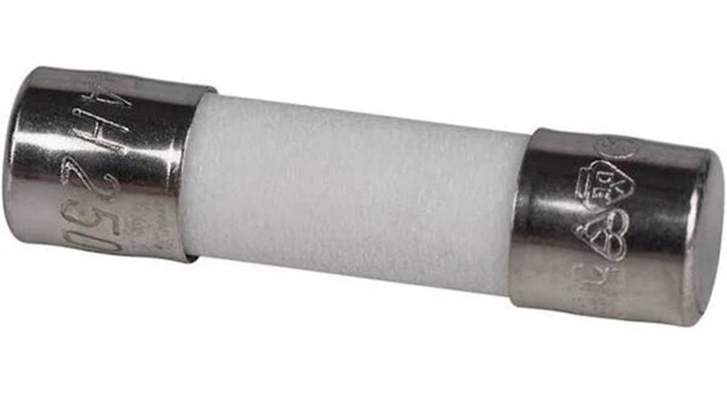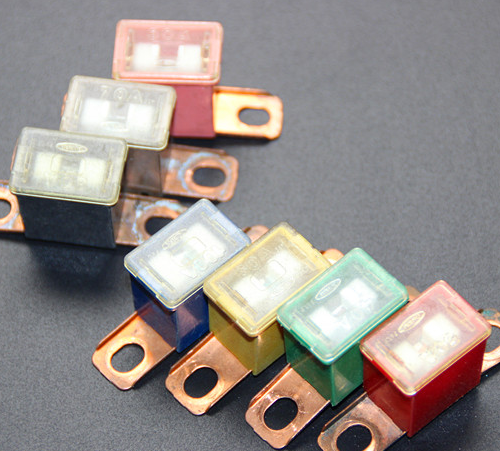The Significance of Automotive Glass Fuses within RV Electrical Systems for Optimal Performance and Safety
News 2025-10-27
Automotive glass fuses are critical components in RV electrical systems, providing essential protection against overcurrent and short circuits. These fuses, made from glass tubes with metal end caps, are designed to melt and break the circuit when excessive current flows, preventing damage to wiring and appliances. In the context of RVs, where electrical demands can vary from lighting and refrigeration to entertainment systems, reliable fusing is vital for safe operation during travel and camping. Understanding their role helps RV owners maintain system integrity and avoid costly repairs.

Performance Advantages
Glass fuses offer several key benefits in RV applications, including fast response times that minimize damage during faults. Their transparent design allows for easy visual inspection to check if a fuse has blown, which is particularly useful in field conditions without specialized tools. Additionally, these fuses provide precise current ratings, ensuring that only the intended protection level is applied, which enhances overall system efficiency and longevity. This makes them a preferred choice for RVs where space and weight are considerations, as they are compact and lightweight compared to other fuse types.
Application Scenarios
In RV electrical setups, automotive glass fuses are commonly used in various circuits such as lighting, heating elements, and battery management systems. For instance, they protect delicate components in the 12V DC system, safeguarding against surges that could occur from engine starts or accessory use. Their application extends to modern RVs with inverter systems, where they help maintain stable power delivery to sensitive electronics like GPS units and solar charge controllers. This versatility ensures reliable performance in diverse environments, from off-grid adventures to highway travel, enhancing user safety and convenience.
Common Questions and Answers
1. What is the typical amperage range for automotive glass fuses in RVs?
They usually range from 5 to 30 amps, depending on the circuit’s load requirements.
2. How do I identify a blown glass fuse?
Look for a broken filament or discoloration inside the glass tube when inspected visually.
3. Are automotive glass fuses interchangeable with other types?
Not always, as they have specific ratings and physical sizes; always match the fuse to the circuit’s specifications.


